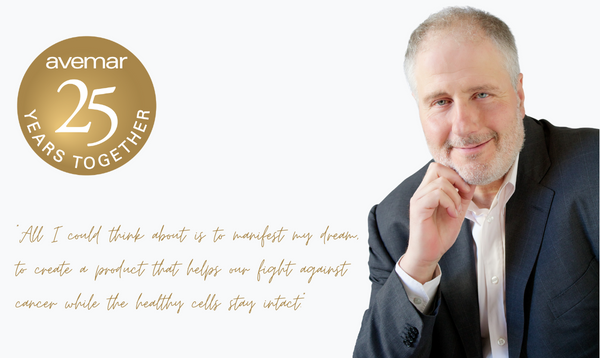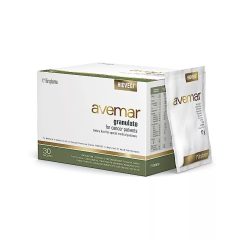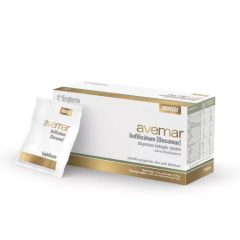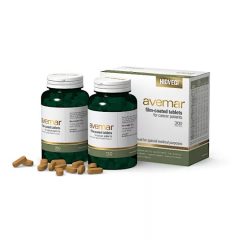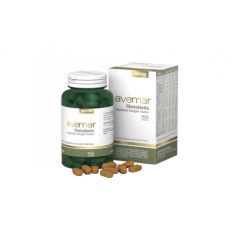25 years after creating Avemar is it still part of your everyday life?
My father taught me to be a man who can be reached by phone, someone who pays attention to others and helps. I realized this was his recipe for happiness. Nowadays, almost every day, someone calls or emails me asking for advice or asks about Avemar. I give my best to everyone. That’s my “happiness-formula”. Not a day goes by without something to do with Avemar and that’s because I’m still part of ongoing researches related to Avemar, at least in some capacity. Often I come across publications that discusses its academic value, but I don’t know the authors or scientists behind them. For example, my favorite article about Avemar was publishing the results of an original research by Japanese scientists. It was a pleasure reading and learning from them.
How do you remember the times around the development of Avemar?
Those were exciting times! The beginning of the 1990’s. A change in the political system in Hungary. The start of biotherapy in cancer. All I could think about is to manifest my dream, to create a product that helps our fight against cancer while the healthy cells stay intact.
What did you need to start your research in the middle of the 1990’s?
Faith. Without faith nothing would’ve happened. The other important component was the human factor. I won over the best scientists for the research. The third, of course, was money to provide all necessary resources.
What obstacles did you have to overcome in the beginning?
Envy. At the university where I used to work the dean at the time said to me he wishes success to the Avemar project, but be aware of the “YE” factor, what he meant was “Yellow of Enviness”. If you’re asking me who helped me the most to overcome these obstacles you can read our first publications. The people mentioned there are the people I am most grateful for helping me the most. And one more person, the Szechenyi-award winner Sandor Eckhardt professor, member of the Hungarian Academy of Science, the former head of the National Oncology Institute, who gave me a handwritten letter of recommendation where he called me a “brilliant chemist”. It’s one of my most treasured accomplishments. He did it unselfishly. People like him gave me strength.
When did you realize Avemar will be successful and popular?
In 1999 when the first results of clinical studies were published in various conferences.
You were part of numerous international research in the past decades, which one do you consider the most important?
All of them were important, but if I have to name one than I would choose the clinical studies of Avemar in Budapest at the Children’s Clinic.
How did the fight against cancer changed in the past 25 years in your opinion?
We’re now able to find cancer in its earlier stage thanks to the improvement of diagnostics. 25 years ago it was more about onco-surgery and chemotherapy. There were some other medications and hormones, but it was mainly about surgery, chemo- and radiation therapy. The removal of the tumors are still the most important in the fight against cancer. What we didn’t have 25 years ago, improved, innovative immune therapy.
What does the future hold for Avemar?
There are certain results that led us to the conclusion, Avemar can play an important role in preserving and maintaining our overall health and well-being, like some vitamins. Personally, I’m happy with its wider use in cancer therapy.

